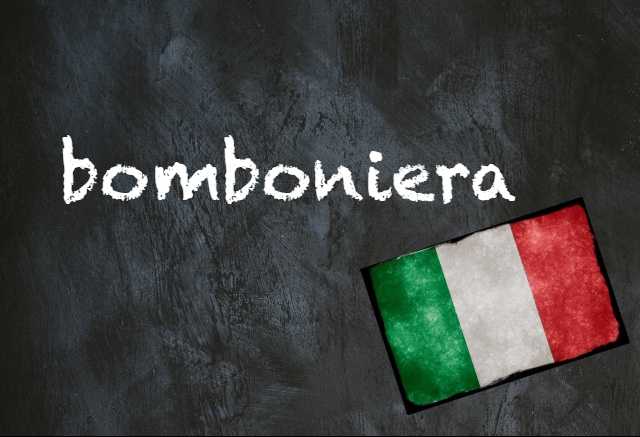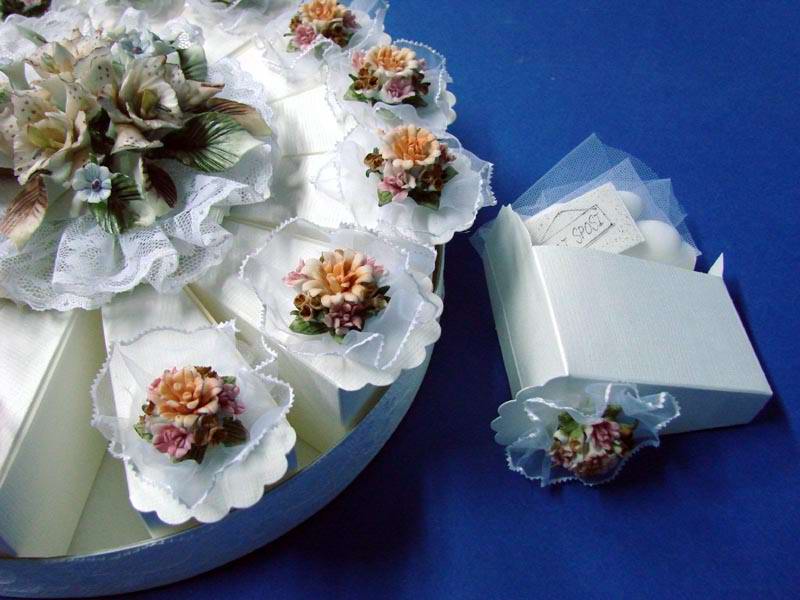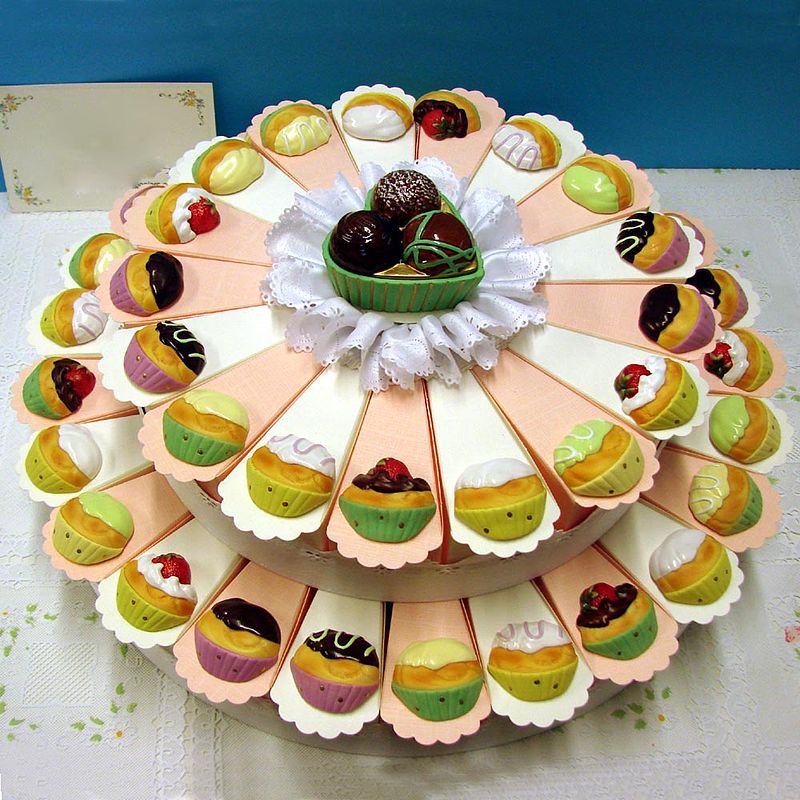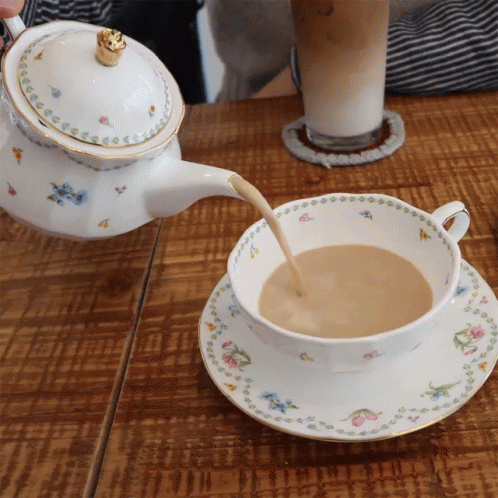
Italian word of the day: 'Bomboniera'

This word's a treat.
It's wedding season across much of the world, and after more than a year of cancellations and delays for many couples, this summer's seen a packed nuptials schedule.
If your wedding tour involves attending a traditional Italian reception, you may be lucky enough to receive a bomboniera - an elegant party favour, often presented in a little tulle pouch, though it could also take the form of a cardboard box, a glass jar, or a porcelain or even silver box.

A bomboniera. Photo: WikiCommons
The word comes from the French bonbonnière, meaning a little ornamental box or jar for storing bonbons (sweets).
A typical Italian wedding bomboniera contains at least five pieces of sugar-coated almond confetti. Sugar represents sweetness over bitterness in the married couple's lives, while each almond respectively represents health, wealth, happiness, fertility, and longevity.
These days they're not just for weddings, but are also dispensed at christenings, first communions and confirmations, graduations, anniversaries, and sometimes birthdays and engagement parties.
Some more extravagant receptions might splash out on a torta bomboniera, where the favours are arranged to look like an elaborate cake.

A torta bomboniera. Photo: WikiCommons
At some point Magnum caught on to the idea and started selling boxes of little chocolate-covered balls of ice cream as 'bomboniera'. You'll often find these sold at cinemas in Italy.
A bomboniera can also mean a cosy or cute little room or space, which has given rise to a number of restaurants, cafes, and especially pastry shops across Italy with the name.

If you receive an original bomboniera, the high sugar content in the confetti should mean they don't need to be immediately consumed, but will keep for a number of days or even weeks after the event.
Which if you've ever attended an Italian wedding feast, you'll know is probably for the best.
Do you have an Italian word you’d like us to feature? If so, please email us with your suggestion.
Comments
See Also
It's wedding season across much of the world, and after more than a year of cancellations and delays for many couples, this summer's seen a packed nuptials schedule.
If your wedding tour involves attending a traditional Italian reception, you may be lucky enough to receive a bomboniera - an elegant party favour, often presented in a little tulle pouch, though it could also take the form of a cardboard box, a glass jar, or a porcelain or even silver box.

The word comes from the French bonbonnière, meaning a little ornamental box or jar for storing bonbons (sweets).
A typical Italian wedding bomboniera contains at least five pieces of sugar-coated almond confetti. Sugar represents sweetness over bitterness in the married couple's lives, while each almond respectively represents health, wealth, happiness, fertility, and longevity.
These days they're not just for weddings, but are also dispensed at christenings, first communions and confirmations, graduations, anniversaries, and sometimes birthdays and engagement parties.
Some more extravagant receptions might splash out on a torta bomboniera, where the favours are arranged to look like an elaborate cake.

At some point Magnum caught on to the idea and started selling boxes of little chocolate-covered balls of ice cream as 'bomboniera'. You'll often find these sold at cinemas in Italy.
A bomboniera can also mean a cosy or cute little room or space, which has given rise to a number of restaurants, cafes, and especially pastry shops across Italy with the name.

If you receive an original bomboniera, the high sugar content in the confetti should mean they don't need to be immediately consumed, but will keep for a number of days or even weeks after the event.
Which if you've ever attended an Italian wedding feast, you'll know is probably for the best.
Join the conversation in our comments section below. Share your own views and experience and if you have a question or suggestion for our journalists then email us at [email protected].
Please keep comments civil, constructive and on topic – and make sure to read our terms of use before getting involved.
Please log in here to leave a comment.